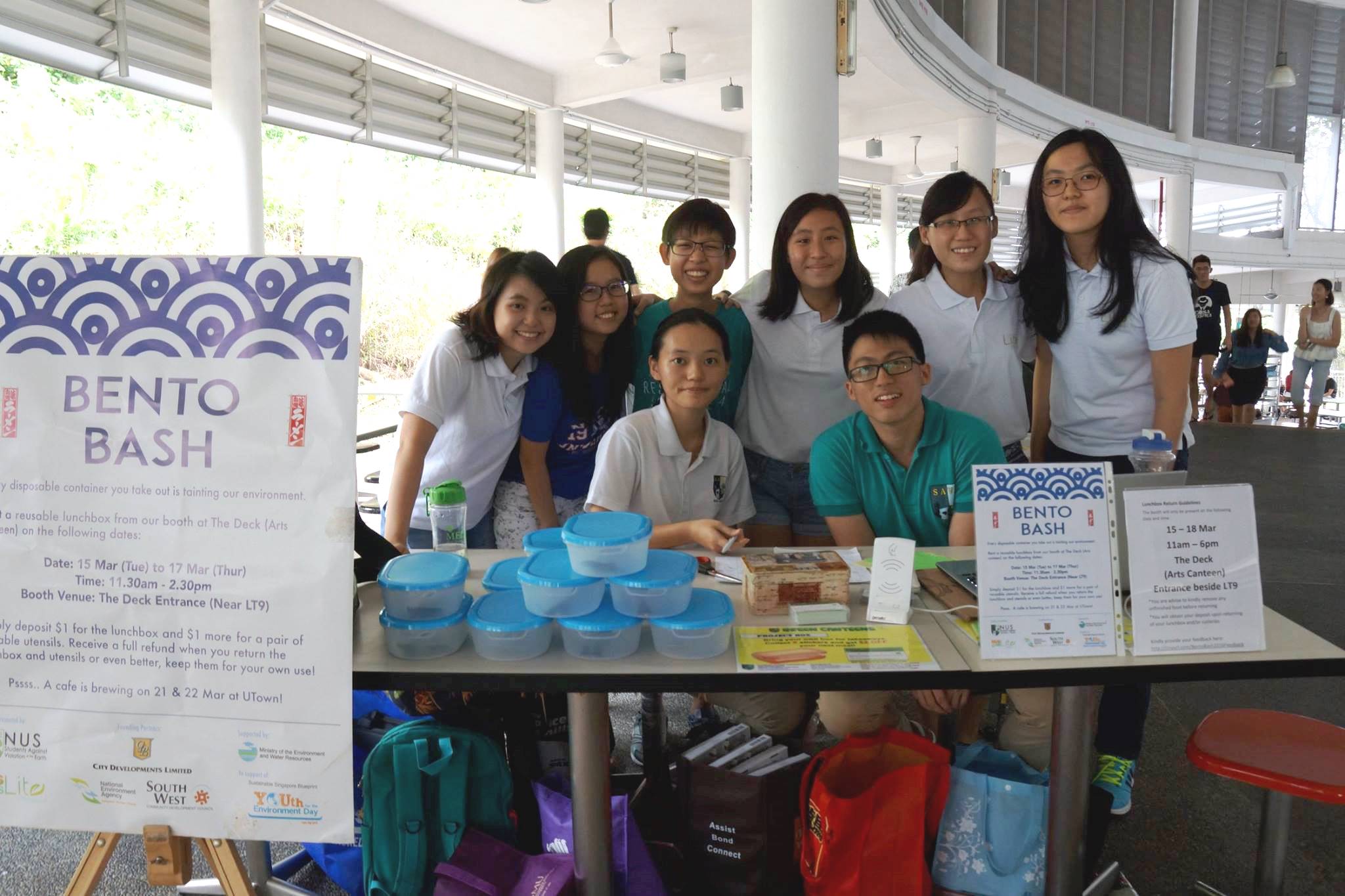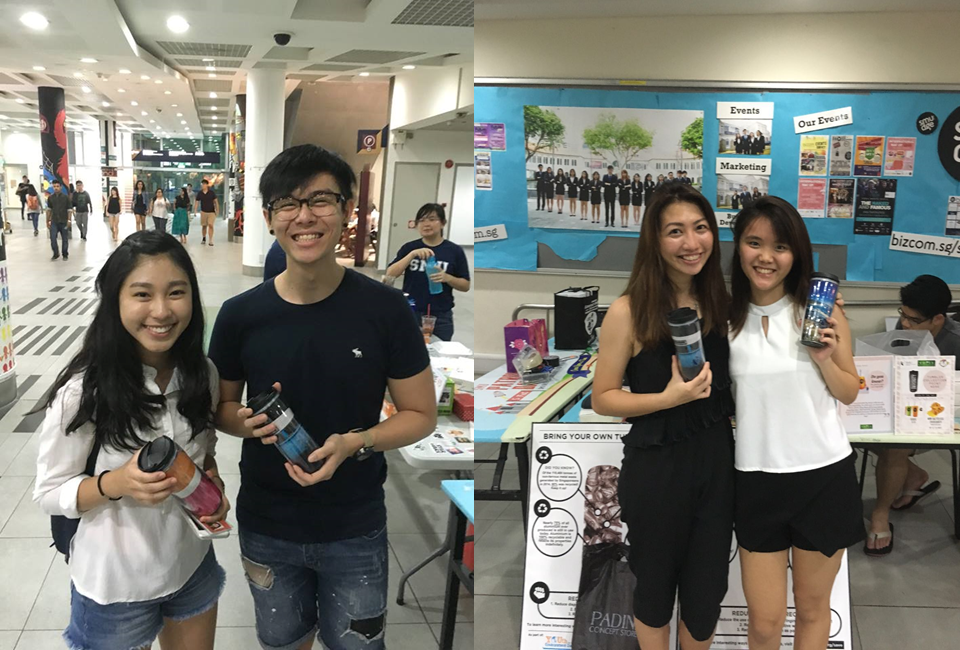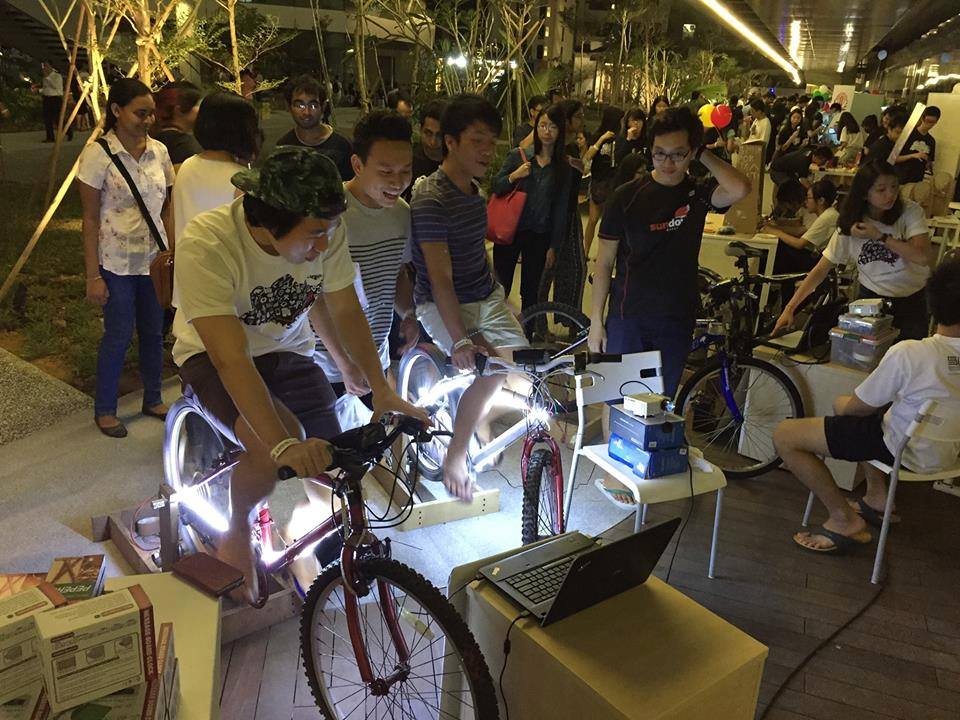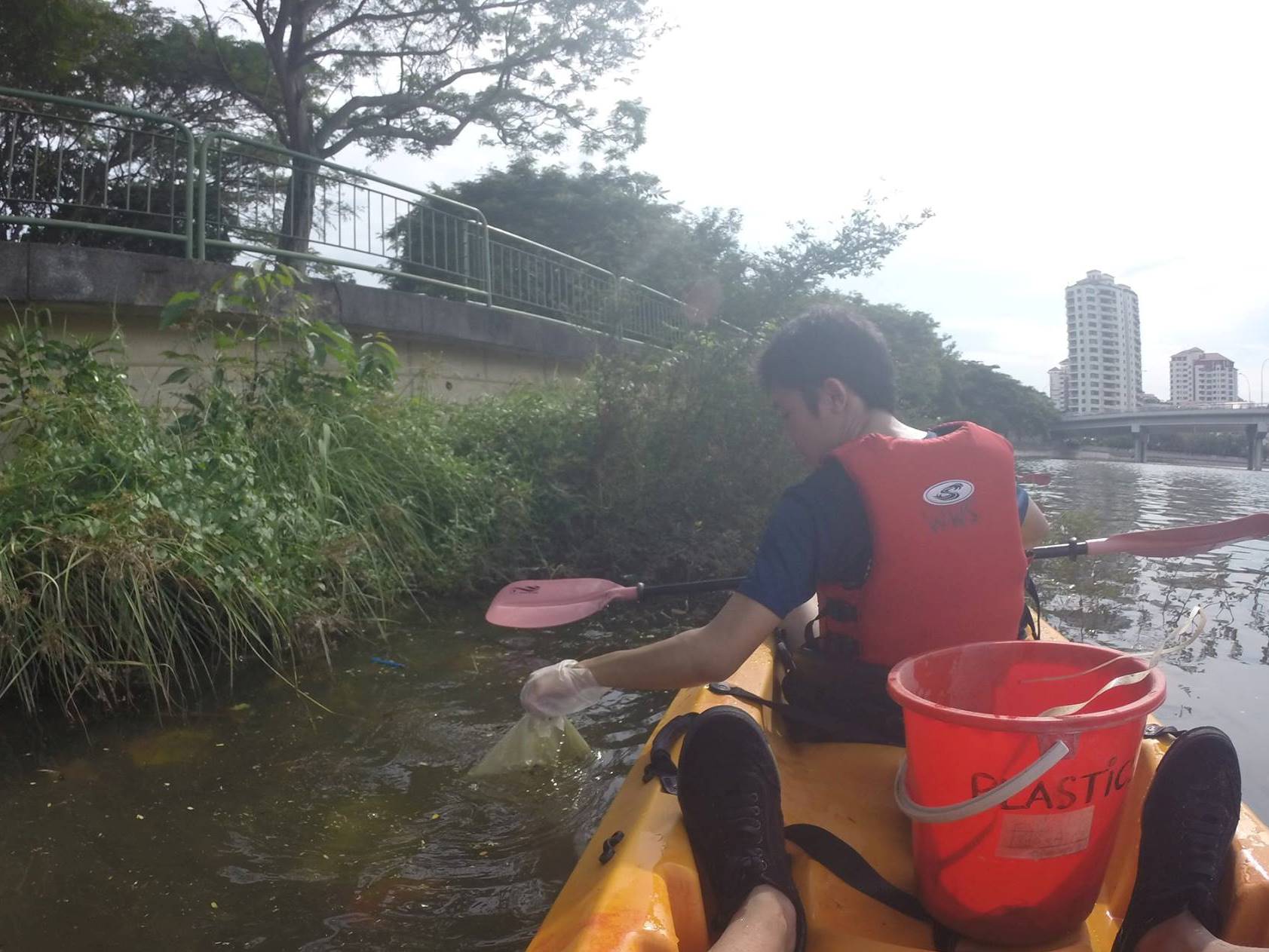Environment fund for ihls
TAP ON THE EFIHL TO MAKE YOUR PROJECTS HAPPEN!
The Environment Fund for Institutes of Higher Learning (EFIHL) is a grant to support youth-driven environment projects in the publicly-funded IHLs and to encourage the setup of new environment groups in these IHLs.
Through this grant, NEA hopes to encourage:
-
Youth-driven projects in the IHLs to cultivate a pro-environment mind-set amongst the youth;
-
Environment groups in IHLs to participate and support Youth for the Environment Day (YED)* activities; and
-
The setup of new environment groups in the IHLs
*Youth for Environment Day (YED) is a key annual platform organised by NEA to engage youths to champion environmental ownership and to renew their commitment to care for the environment. YED provides opportunities for youths to lead, organise and participate in environmental programmes to show their passion and commitment towards global and local environment issues.
Click here for more information about the YED
WHO CAN APPLY FOR THE FUND
The EFIHL is open to the publicly-funded Polytechnics and Universities in Singapore.
Any environment or Final Year Project (FYP) groups recognised by the IHL can apply for the grant.
Definition of Environment Group
-
An environment group is a group whose core objective is to implement outreach projects that aim to raise the community’s awareness of the environment and encourage environmentally-friendly behaviours.
-
To be recognised by their respective IHLs, the environment group is required to have a staff member to serve as a staff adviser to the group.
Definition of an FYP Group
-
An FYP group whose aim is to address an environment topic through implementing a major project in their final year of study in the IHL.
-
The FYP group must be recognised as one through a letter of endorsement by a faculty member who is the FYP supervisor.
List of IHLs
|
Local Polytechnics |
Nanyang Polytechnic (NYP) Ngee Ann Polytechnic (NP) Republic Polytechnic (RP) Singapore Polytechnic (SP) Temasek Polytechnic (TP) |
|
Local Universities |
Nanyang Technological University (NTU)* National University of Singapore (NUS)** Singapore Institute of Technology (SIT) Singapore Management University (SMU) Singapore University of Social Sciences (SUSS) Singapore University of Technology and Design (SUTD) |
*inclusive of National Institute of Education
**inclusive of Yale-NUS College
HOW TO APPLY FOR THE FUND
Environment Group
-
Environment group applicant must submit a workplan proposal for the year.
-
The workplan proposal shall include a minimum of two environmental activities that:
-
Include at least one Youth for the Environment Day (YED) activity or the environmental focus for the year as communicated by NEA; and
-
Are aligned to NEA’s Strategic Outcomes. (Please refer to NEA website www.nea.gov.sg> Menu > Our Services for an overview of the environmental themes)
-
-
There will be a cap of two successful environment group applicants per IHL per year. NEA will not process new application from the same applicant that has not concluded their existing application. Applications are evaluated on a first-come-first-served basis.
FYP Group
-
FYP group applicant must submit a letter of endorsement from their FYP supervisor and a project proposal for assessment of suitability. The project proposal shall be submitted to NEA_3P_Funds@nea.gov.sg and shall include:
-
Project qualifying period* (up to a maximum of 1 year from start date)
-
Description and milestones of the project
-
Justification on how the project is aligned to NEA’s Strategic Outcomes. (Please refer to NEA website www.nea.gov.sg > Menu > Our Services for an overview of the environmental themes)
-
-
There will be a cap of two successful FYP group applicants per IHL per year. NEA will not process new applications from the same IHL that have ongoing applications. Applications are evaluated on a first-come-first-served basis.
*"Project qualifying period” refers to the period between the project start and end date when expenditure is incurred for the purpose of implementing the project and meeting its deliverables.
RECOMMENDED GRANT GUIDELINES
Environment Group
Each successful environment group applicant is eligible for a maximum grant of $2,000 per year, or actual expenditure, whichever is lower.
FYP Group
Each successful FYP group applicant is eligible for a maximum grant of $500 per project, or actual expenditure, whichever is lower.
DISBURSEMENT
All applicants must officially request for reimbursement of grant within 4 months of project completion date or end of qualifying period, whichever is earlier. Environment groups are required to submit a Completion Report within one month from the end of the academic year.
It shall also include a minimum of two environmental activities that:
-
Include at least one Youth for the Environment Day (YED) activity or the environmental focus for the year as communicated by NEA; and
-
Are aligned to NEA’s Strategic Outcomes (Please refer to NEA website www.nea.gov.sg> Menu > Our Services for an overview of the environmental themes)
FORMS
EXAMPLES OF SUPPORTED PROJECTS

NUS SAVE – Bento Bash |

SMU Verts – Bring your Own Tumbler Day |

SUTD Energy Club - Pedal Power Station The ECF (IHL) also enabled the setting up of a new group in SUTD, the Energy Club! |

NP Green Volunteers – Clean Up @ Kallang River |
FREQUENTLY ASKED QUESTIONS (FAQS)
1. What is required in the workplan and the completion report?
Applicants are to share all activities planned for the duration of the project
2. What can be counted as a YED activity?
A YED activity must be aligned with the year’s YED topic. Please click here to find out more about the YED topic for 2020.
3. Can a project be considered for the Call for Ideas Fund (CIF) /3P Partnership Fund (PF) if it has been included in the workplan for the EFIHL submission?
NEA does not support double funding of projects. While applicants may include their workplan projects in the EFIHL application, they should clearly state which project(s) would be seeking CIF/PF. Consequently, applicant should not seek funding support for those project(s) from more than one fund (EFIHL, CIF, PF).
4. I am a new applicant for the EFIHL. What are the things that I need to take note of?
We encourage all new applicants to read through the grant criteria and to speak to the respective staff advisor(s), and get his/her endorsement to apply for the EFIHL.
Upon approval, funds would be transferred to the environment group via the staff advisor’s office account. Environment groups are encouraged to check with the staff advisors from the IHL on the procedure in which the funds would be received.
5. How do I start a student environmental group in my IHL?
You may wish to speak to a staff member in yout IHL (eg. student affairs/student life/faculty offices/research centres) who may advise you on the environmental issues that you may want to focus on and how to start and sustain an environmental group in your IHL. NEA encourages more youths to take part in environmental activities, and the grant will be extended to groups that fit the criteria.
6. I am a staff adviser. What are the things I need to take note of when applying for the EFIHL?
All interested staff advisers should read through the EFIHL criteria, and evaluate if the clubs are able to fulfil them. In addition, the staff adviser must assess the sustainability of the environment group, and if the group has the capacity to improve on their projects with additional funds.
The disbursement of grant will be done through the staff adviser, and the staff adviser should ensure that the necessary financial arrangements can be made. First time applicants will be required to submit a Direct Credit Authorisation form for NEA to provide bank details for the fund transfer.
7. Is GST (Goods and Services Tax) supported under the EFIHL?
No, GST incurred by the applicant is not supported by the grant.
ENQUIRIES
For enquiries, you may write in to us at NEA_3P_Funds@nea.gov.sg

